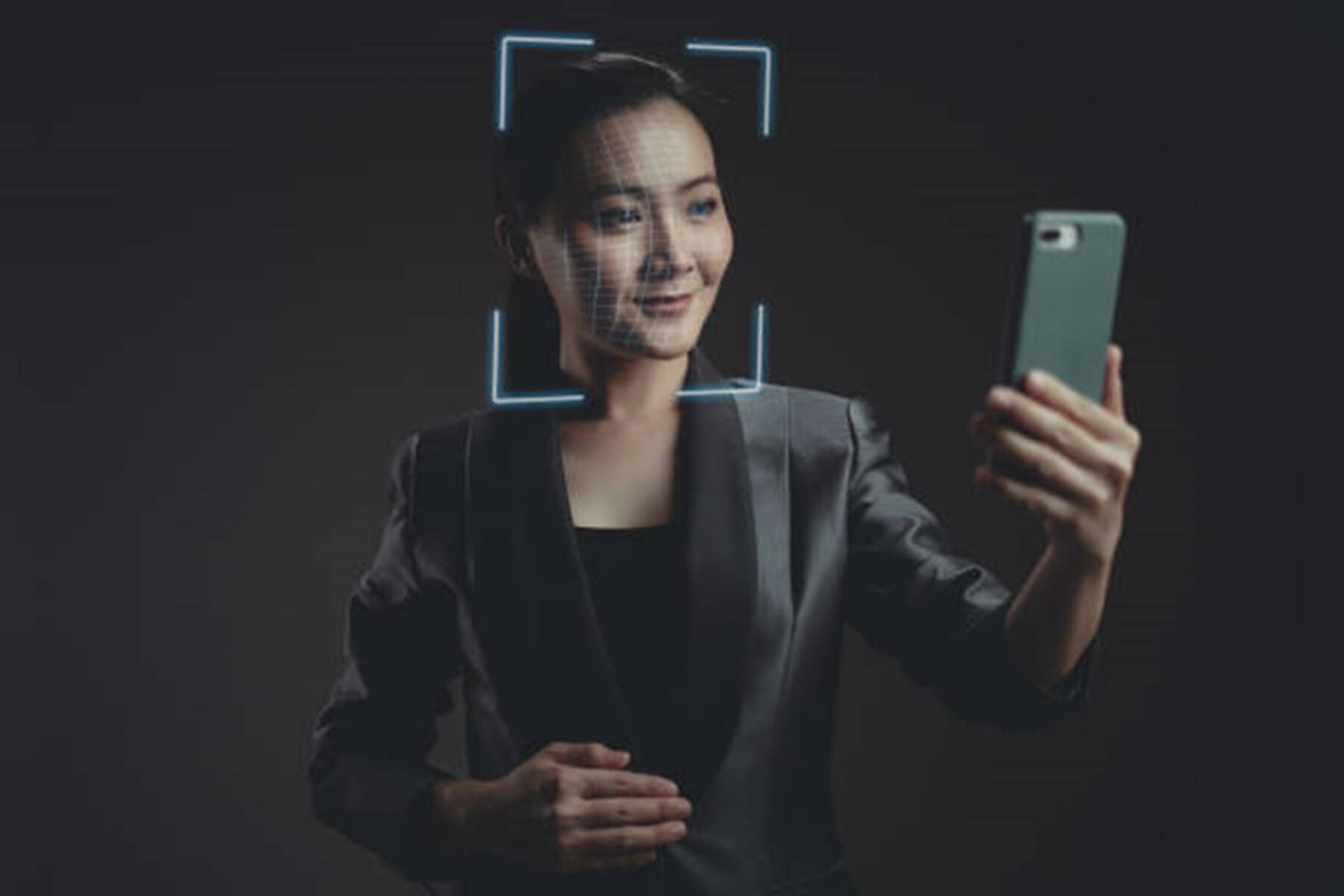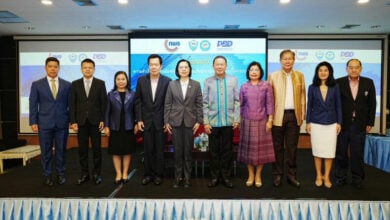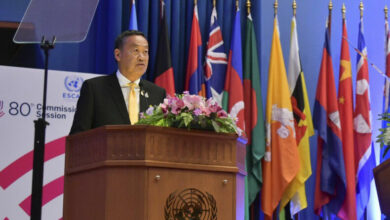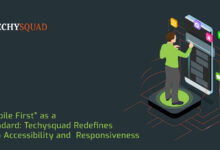AI powered technology transforming Thailand hotels

Thailand’s hotel industry is witnessing a significant shift as it embraces artificial intelligence (AI) technologies, reshaping the landscape of luxury accommodations in the country. As hotels seek to enhance guest experiences and streamline their operations, AI-powered systems are being integrated into various aspects of hotel services. This fusion of advanced technology with Thailand’s renowned hospitality is creating a new standard of luxury, setting the stage for a truly modern and extraordinary hotel experience.
From the moment guests arrive at these AI-enhanced Thailand hotels, they are greeted with a level of personalized attention and convenience like never before. Innovative AI systems work in the background to anticipate guests’ needs, provide tailored recommendations, and ensure a comfortable and satisfying stay.
Smart hotel rooms now feature cutting-edge automation, voice-controlled virtual assistants, and intuitive in-room technology that blend contemporary luxury with Thailand’s rich cultural heritage.
As the adoption of AI technologies continues to grow, Thailand hotels are set to become leaders in the field of luxury accommodations, harnessing the power of artificial intelligence to deliver exceptional service and unforgettable experiences. The combination of AI and Thailand’s hospitality expertise is truly a game-changer, transforming the future of luxury travel. To read how hotels are adopting AI technologies, click here.
AI adoption in Thailand hotels
1. Chatbots and virtual assistants

Many Thailand hotels are utilizing AI-driven chatbots and virtual assistants to provide instant assistance and information to guests, answering queries, and assisting with reservations or service requests. These chatbots can communicate with guests through messaging apps, email, or even voice commands, offering personalized and efficient support. This seamless communication reduces waiting times and ensures that guests receive the information they need promptly.
AI-driven chatbots can analyze guests’ preferences, interests, and previous interactions, allowing them to offer tailored recommendations and assistance. For example, a chatbot could suggest dining options or activities based on individual preferences, enhancing the overall guest experience.
Virtual assistants in Thailand hotels can often communicate in multiple languages, including English, Thai, and other popular languages among guests. This feature enables hotels to cater to a diverse range of guests and ensures clear communication, regardless of language barriers.
2. Facial Recognition

AI-powered facial recognition technology is being integrated into some Thailand hotels, enabling seamless and contactless check-in and check-out processes. Guests can simply have their faces scanned, and the system will match their identity to their reservation details, significantly reducing waiting times.
By recognizing guests’ faces, hotel staff can greet guests by name and provide a more personalized experience. This technology can also be used to tailor services and amenities to individual preferences, such as customizing room settings or offering personalized recommendations for activities and dining options based on guest profiles.
Additionally, facial recognition technology can enhance security within the hotel premises by granting access only to registered guests and staff members in restricted areas. This helps to ensure the safety of guests and their belongings while maintaining the privacy of the hotel environment. They also allow a seamless, contactless check-in and check-out process. Upon arrival, guests can simply have their face scanned, and the system will match their identity to their reservation details, significantly reducing waiting times and eliminating the need for traditional key cards or ID checks.
3. Smart energy management

AI-driven energy management systems in Thailand hotels optimize energy consumption by learning from guests’ usage patterns and adjusting settings accordingly. These systems can detect when a room is unoccupied and automatically turn off lights or adjust the temperature, contributing to a more sustainable and eco-friendly hotel experience.
AI-powered energy management systems can monitor and analyze the performance of various hotel equipment, such as HVAC systems, lighting, and appliances. By identifying potential issues or inefficiencies early, hotels can schedule maintenance or upgrades proactively, preventing costly breakdowns and reducing energy consumption.
AI-driven energy management platforms enable real-time monitoring and reporting by continuously collecting, analyzing, and processing data from various sensors and devices installed throughout the hotel. Real-time monitoring enables hotels to track the performance of their energy management systems and the effectiveness of implemented energy-saving measures. This helps identify areas of improvement and ensures that sustainability goals are met.
AI-powered energy management platforms can send real-time alerts and notifications to hotel operators when unusual energy usage patterns or potential issues are detected, allowing for prompt action to address the situation.
4. Personalization

AI technology enables personalization in Thailand hotels by analyzing guests’ preferences, habits, and behavioural patterns to create a customized experience tailored to their individual needs and interests. Through data-driven insights, hotels can enhance guest satisfaction and build lasting relationships. AI technology can analyze guests’ entertainment preferences based on their past choices or interests, allowing Thailand hotels to offer personalized content suggestions for in-room streaming services, movies, or music playlists.
AI can provide personalized suggestions for local attractions, dining options, and activities based on guests’ interests, past stays, and preferences. By offering curated experiences that resonate with guests, hotels can enhance guest satisfaction and encourage repeat visits. By analyzing guest data, AI can help hotels develop targeted marketing campaigns and special offers tailored to individual preferences, increasing the likelihood of conversion and fostering guest loyalty.
In conclusion…
AI technology is changing Thailand hotel rooms by offering guests personalized, efficient, and eco-friendly experiences. By understanding guests’ individual needs, AI helps hotels create memorable stays that keep guests coming back for more, setting a new standard for luxury hospitality. While there might not be specific hotels in Thailand that are fully AI-powered, many luxury hotels in the country are increasingly adopting AI technologies and smart systems to enhance their guests’ experience.
To know how Artificial Intelligence has the power to transform Thailand, click here.








